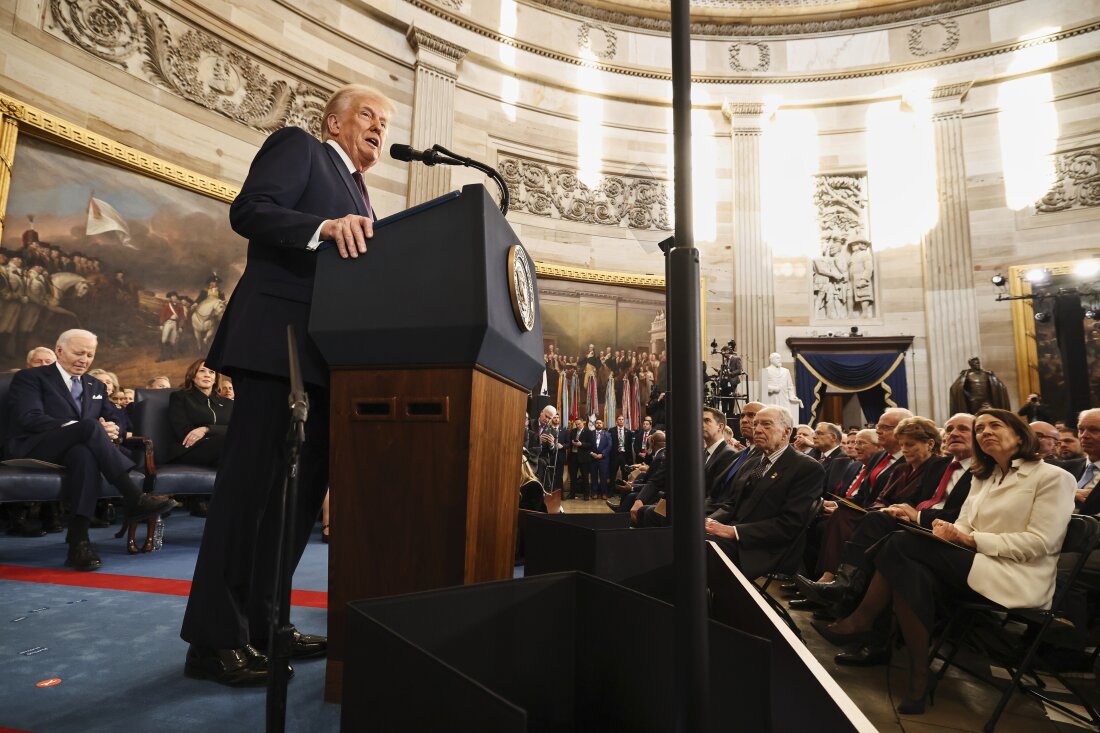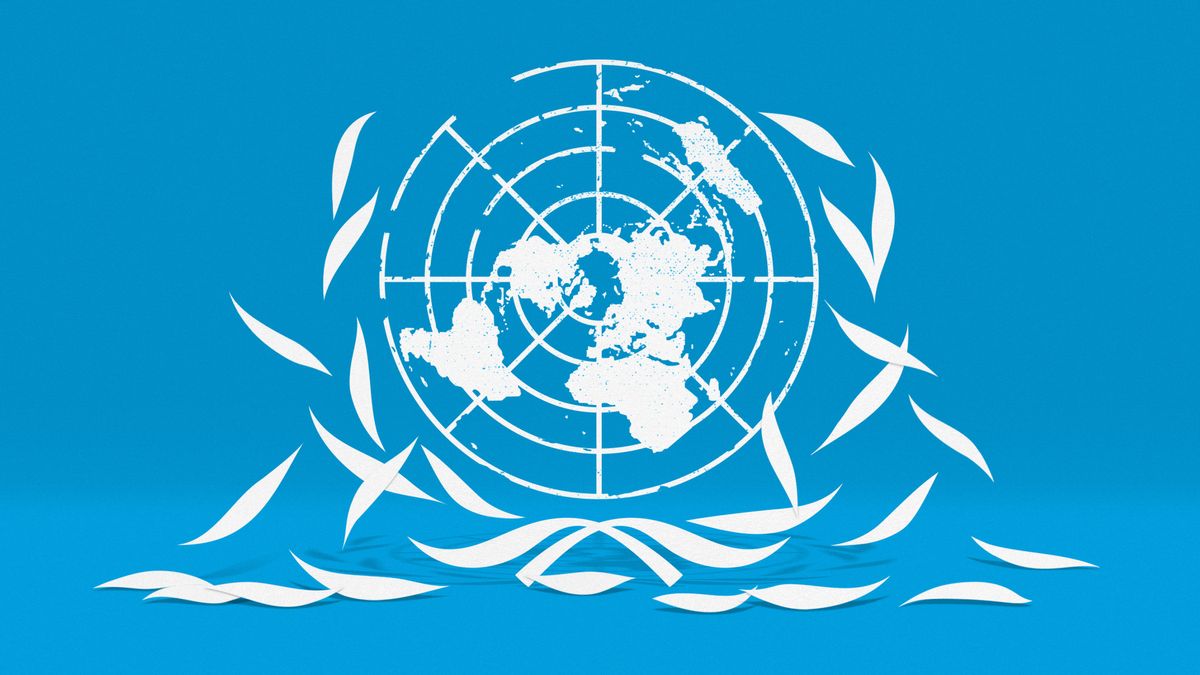“You better damn well report to Bibi that we’re still buddies.”
Addressing the Jewish Federations of North America in November 2014, then-Vice President Joe Biden was stuck between a rock and a hard place. News of negotiations over the Joint Comprehensive Plan of Action, more commonly known as the Iran Nuclear Deal, had become public, and relations between the Obama administration and Israeli Prime Minister Benjamin “Bibi” Netanyahu’s government deteriorated. Netanyahu’s already poor opinion of Obama and his allies had sunk further, with the Prime Minister reportedly having “written off” the administration and communicating with the Republican-led Congress instead. The Obama administration, meanwhile, had opinions of Netanyahu ranging from “reactionary” to “pompous” to even “chicken [s—].” The most common complaint was that Netanyahu acted as the “mayor of Jerusalem” rather than the prime minister of Israel; they criticized his focus on short-term goals and pleasing his political base rather than trying to solve Israel’s many problems and leave a legacy of leadership.
Biden, however, had always had a more positive relationship with Netanyahu. Despite their numerous disagreements, he was usually the emissary-of-choice when the Obama administration required a message to be delivered to the Israelis, and Biden was considered by Netanyahu to be a greater friend of Israel, and someone with a greater understanding of the Middle East than Obama.
Eight years later, Biden is now U.S. president, and Netanyahu has staged a political comeback for the ages, being returned to power by a larger than expected margin amidst numerous scandals. Netanyahu’s return complicates the Biden administration’s relations with Israel; Biden’s predecessor Donald Trump built a significant amount of goodwill with Netanyahu, including moving the U.S. embassy from Tel Aviv to Jerusalem, recognizing it as the capital of Israel in violation of international norms. Biden has spent most of his presidency so far striving to build a working relationship with Yair Lapid, the current prime minister and leader of an anti-Netanyahu coalition that includes both the Arab left and the far-right. Netanyahu’s re-entry means that the budding peace process must be re-started, and Netanyahu’s views on Palestinian leaders (calling them proponents of “ethnic cleansing,” for example) make it unlikely that the Palestinian Liberation Organization will come to the table, or that Netanyahu would even want to negotiate if they did.
This is not to say that Netanyahu has never compromised. The Abraham Accords with the United Arab Emirates and Bahrain were a significant accomplishment, creating cultural exchange programs between these two Muslim nations and the Jewish state of Israel. There were economic motivations as well, especially with the UAE looking to diversify its economy, but the Accords have helped set a framework for normalization in the Middle East. A similar deal may be looming with Saudi Arabia, a strong indicator that Arab nations in the Middle East are considering prioritizing the economy and modernization through trade deals rather than a religious/spiritual boycott of the state in support of their fellow Muslim Palestinians.
This presents an opening for Biden, not only to push for an Israeli deal with other Middle Eastern nations but to potentially use such deals as leverage to force Israel to sit down with the Palestinians. This, however, would rely on Middle Eastern nations cooperating with the U.S. to withhold support for Israel; considering the recent U.S.-Saudi oil dispute, such tag-teaming seems unlikely.
Biden’s personal relationship with Netanyahu will therefore be the deciding factor in how his administration works with Israel. Previous warm ties can help him push Netanyahu where Obama couldn’t, but an emboldened Israeli right-wing might not be so keen to negotiate. Biden must approach the Israel issue with an open mind, enticing Netanyahu and his government with potential economic gains but still ensuring that Palestinian interests are represented. At the very least, the U.S. must make an attempt to re-start the flagging peace process and initiate a new dialogue with a Netanyahu who might be more focused on leaving a legacy now that his political future is less murky. The future of the peace process remains uncertain, but one thing is clear: it all hinges on Netanyahu.






















Flappy Bird • Dec 8, 2022 at 6:36 pm
The future of the peace process remains uncertain, but one thing is clear: it all hinges on Netanyahu.
Clayton Miller • Nov 17, 2022 at 10:14 pm
The conventional two-state proposal is a misnomer inasmuch as Gaza already constitutes a Palestinian “statelet,” so that another Palestinian state based in the West Bank would actualize a three-state solution. The fathers of the Oslo accords could not imagine in their wildest dreams such a bizarre turn of events.
Pou • Nov 17, 2022 at 12:56 am
alot of thougt in my mind right now. love your post anyway
Julie Taylor • Nov 15, 2022 at 8:15 am
Do Work At your Home And Make Money From Home .,..
Open This Link …>http://www.richsalaries4u.blogspot.com/
color tunnel • Nov 14, 2022 at 9:43 pm
They questioned Netanyahu’s concentration on short-term objectives and appeasing his political base rather than striving to address Israel’s numerous issues and leave a legacy of leadership. The most prevalent criticism was that Netanyahu behaved more like the “mayor of Jerusalem” than the prime minister of Israel.